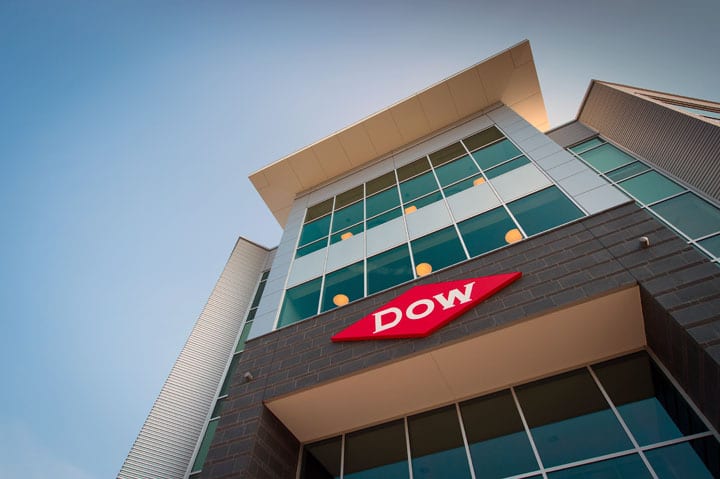Michigan headquartered DowDuPont, the world’s largest chemical company, will shut down its Chambers Works Site in Deepwater, New Jersey, and move the production line to India, according to local reports.
“The Safety & Construction business is transitioning the manufacturing of its aramid intermediates from the Chambers Works Site in Deepwater, NJ to suppliers who have newer process technology. Sourcing these ingredients from others who have newer and more productive processes allows us to focus on growth opportunities including new product innovation and the modernization of Kevlar® and Nomex® manufacturing,” spokesman Daniel Turner said, according to First State Update.
As many as 100 workers will be affected and they will be accommodated within the company or with other local employers, Turner said.
“Our Transportation & Advanced Polymers business will continue to maintain a presence at the site. Since there are no other suppliers of these materials in the U.S., Transpek Limited in Gujarat, India will be the primary supply source. We plan to stop manufacturing at Chambers Works at the end of March with decommissioning complete this summer,” he added.
DowDuPont had earlier said that new tariffs on steel by the United States will force them to go to Canada or Argentina instead of the U.S. Gulf Coast for its next major production.
The chemical company has had a rocky history in India, but recently received Top Employer certification in India and other countries.
Dow received 2018 certification as a Top Employer in the following locations: Canada, China, Egypt, Germany, Ghana, India, Kenya, Mexico, Netherlands, Nigeria, Russia, Saudi Arabia, South Africa, Sweden, Switzerland, United Arab Emirates, and United States. The company has also been recognized as an overall Top Employer for North America, Europe, Middle East and Africa, it said in a statement.
On Sept. 1, 2017, the Dow Chemical and DuPont said that they had successfully completed their planned $130 billion merger to form DowDuPont. They had announced the merger in December 2015.
“The true value of this merger lies in the intended creation of three industry powerhouses that will define their markets,” Andrew Liveris, executive chairman of DowDuPont, had said in a statement. DowDuPont is expected to break up into three independent, publicly traded units.
In India, the company had bought the plant in Bhopal, previously owned by Union Carbide Corporation (UCC), the site where 5,295 people died due to a gas leak in 1984.
“The 1984 gas release from the plant in Bhopal, India was a terrible tragedy. It is important to note that The Dow Chemical Company (TDCC) never owned or operated the Bhopal plant. Additionally, when Union Carbide Corporation (UCC) became a subsidiary of TDCC in 2001, TDCC did not assume UCC’s liabilities. Despite these facts, questions often arise because there are those who misrepresent that TDCC assumed liability regarding the Bhopal tragedy,” the company had said in an official statement.
